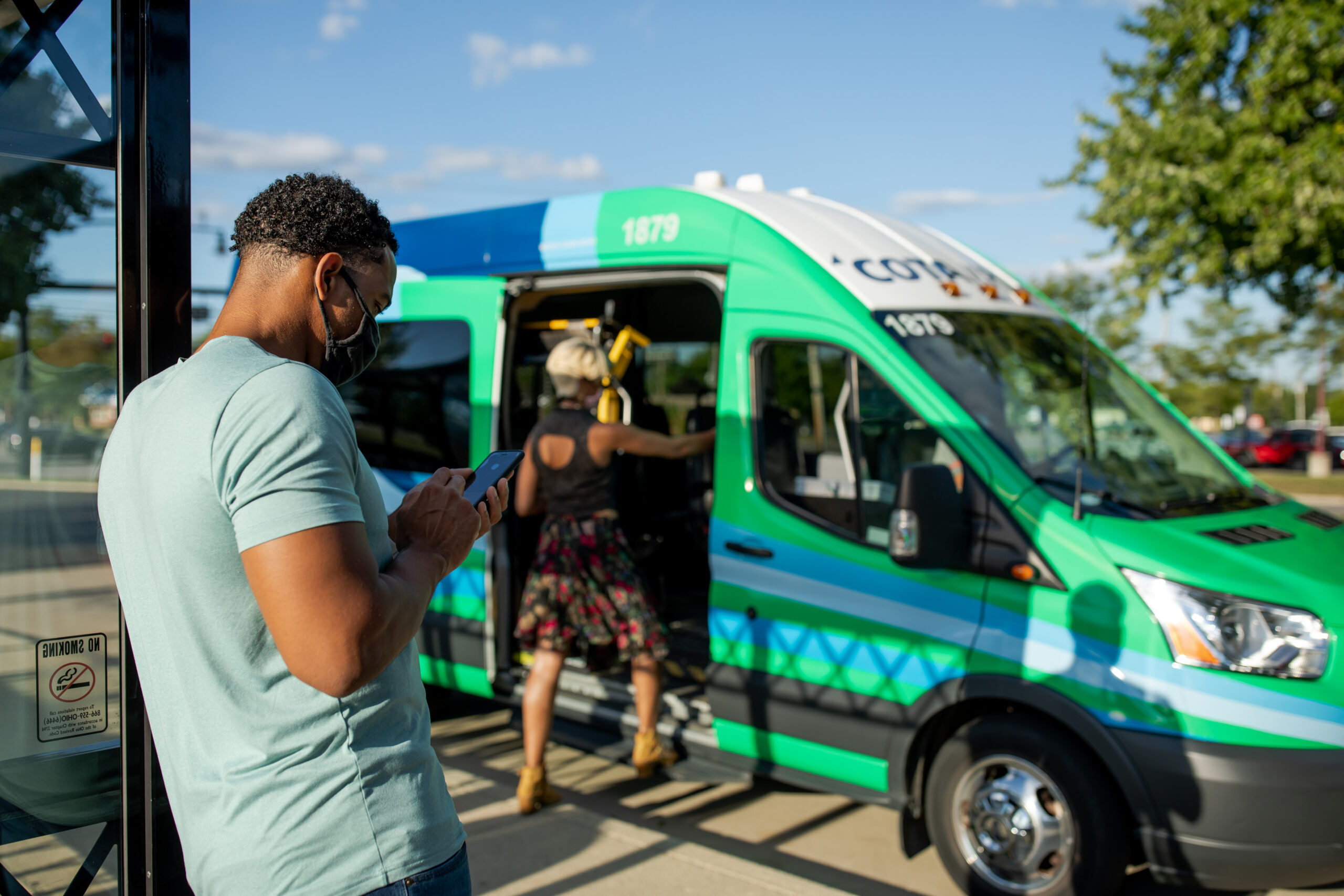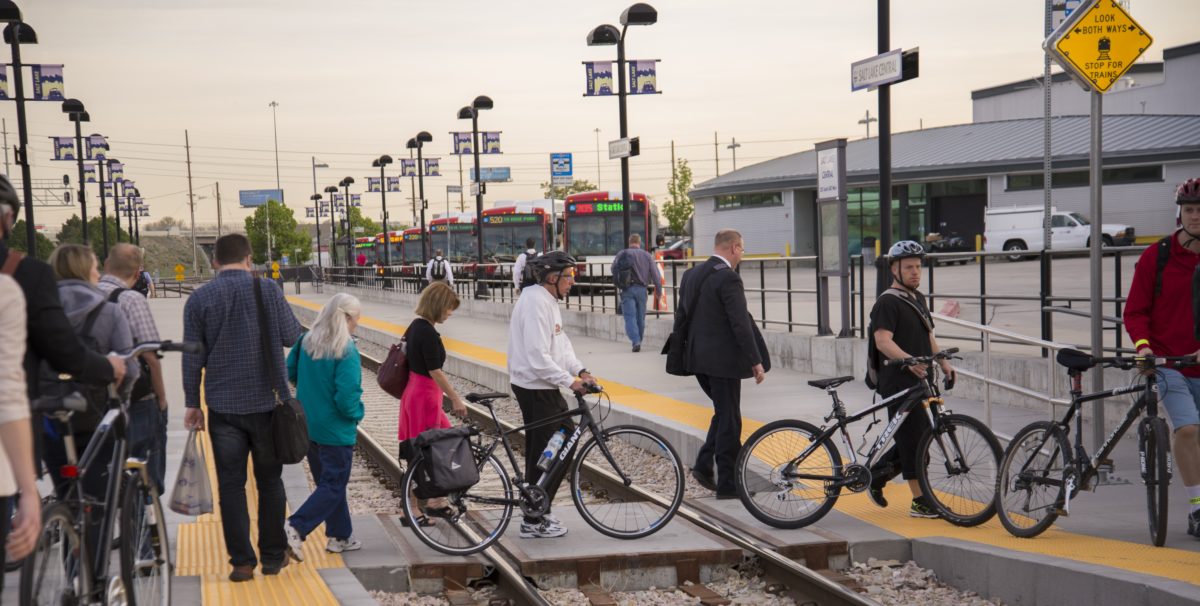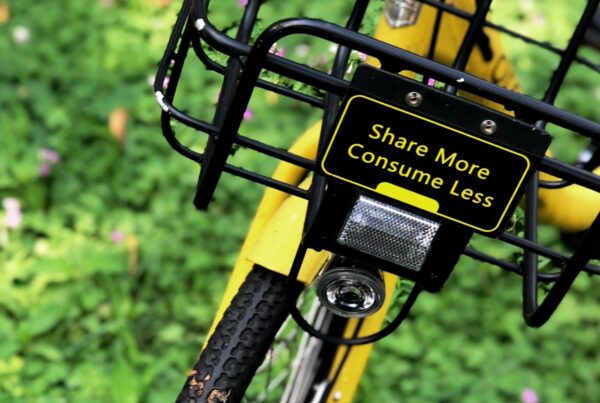Stepping off the plane in Seattle, Wash., last month, the only thing that was on my bucket list while in town for APTA’s TRANSform conference was to ride and see as much shared mobility as possible. I was particularly excited to finally try out Sound Transit. As I boarded the train and took a seat, I found myself observing my fellow passengers: a couple with their arms around each other, a handful of single riders with suitcases, and a couple of younger people looking like they were heading to meet friends. This got me thinking about how public transit intrinsically connects our communities every day, transporting each of us through our own stories to wherever our final destinations may be.
As a public-interest organization, SUMC has been asking and assessing how we tell these stories that happen every day to advance people-focused mobility, so it was especially exciting to hear APTA President and CEO Paul Skoutelas share this sentiment in his opening remarks during the conference. What stories convey what equitable and sustainable transportation truly means to individuals, families, households, businesses, and our planet? Why is advancing, enhancing and expanding mobility for all important?
Several sessions during the conference offered stories to try and answer these questions. One that resonated with me the most was how a bus ride creates a ripple effect; it’s more than getting someone from point a to point b. As King County Metro Transit General Manager Terry White put it, giving people access to transportation is about moving them from a place of anxiety to peace.
For instance, during the opening session, I heard from a woman who was transit dependent and was unable to see her children when she wanted due to a lack of service. This put a strain on their relationship and caused her to feel disconnected from her community. However, when the local agency implemented a bus route that took the mother directly to her children, she was able to see them as frequently as she wanted, bringing her a sense of peace.
A month later I’m still thinking about this story because I’ve had this experience too. It’s no secret, especially learning from the pandemic, that people need to feel connected. When I feel connected to my loved ones, I’m more active in my community, I perform better at my job and I’m more poised to help others. And for millions of people, including me, this all often starts from a single bus ride.
While APTA conferences provide a space to share stories, I believe these stories need to be unified in order to effectively invest in and implement people-focused mobility solutions. That’s where SUMC’s Action Agenda comes in. The Action Agenda creates a space to hold the industry accountable and take action together. It is a to-do list that can change, evolve and improve while we’re on the path to making equitable, clean, shared mobility more convenient, more practical, more available, more accessible and more affordable than owning or driving a car.
Shared mobility has changed rapidly in the past decade, which has made it more difficult to create a unified vision for where and how it fits into communities and complements other forms of public transit. By creating a network of stakeholders to advance a shared, cohesive vision, I believe the Action Agenda will narrow the knowledge gap in how communities can best leverage people-focused mobility. It’s time to take our industry’s stories and turn them into actions for real change.





